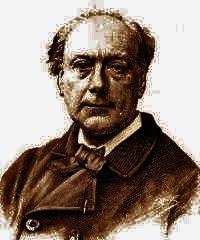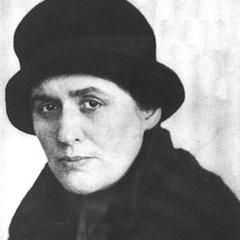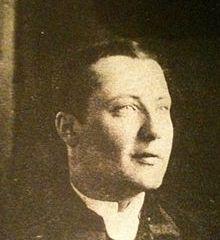William Shakespeare Quotes - Page 15

And oftentimes excusing of a fault doth make the fault the worse by the excuse.
William Shakespeare (1833). “The plays and poems of William Shakspeare”, p.330
'Hamlet' (1601) act 2, sc. 2, l. [460]
A fellow by the hand of nature mark'd, Quoted, and sign'd, to do a deed of shame.
William Shakespeare (1836). “Select plays from Shakspeare; adapted for the use of schools and young persons: with notes from the best commentators. [6 plays”
William Shakespeare, James Boswell, Alexander Pope, Richard Farmer, Samuel Johnson (1821). “The Plays and Poems of William Shakspeare”, p.195
"The New Oxford Shakespeare: The Complete Works".
Is it not strange that desire should so many years outlive performance?
'Henry IV, Part 2' (1597) act 2, sc. 4, l. [283]
William Shakespeare, Joseph Dennie, Isaac Reed, Samuel Johnson, George Steevens (1805). “As you like it. All's well that ends well”, p.119
William Shakespeare, Isaac Reed (1813). “The Plays of William Shakespeare”, p.678
William Shakespeare, Edmond Malone, James Boswell, Samuel Johnson, Alexander Pope (1821). “The Plays and Poems of William Shakspeare: With the Corrections and Illustrations of Various Commentators”, p.59
'The Tempest' (1611) act 2, sc. 1, l. [261]
The voice of parents is the voice of gods, for to their children they are heaven's lieutenants.
William Shakespeare (2010). “Double Falsehood: Third Series”, p.118, A&C Black
William Shakespeare (2016). “All's Well That Ends Well”, Simon and Schuster
William Shakespeare, Samuel Johnson, George Steevens, Isaac Reed, William Hazlitt (1852). “The Works of William Shakspeare”, p.190
1594-5 Princess. Love's Labour's Lost, act 5, sc.2, l.152.
'Antony and Cleopatra' (1606-7) act 1, sc. 3, l. 12
'Macbeth' (1606) act 2, sc. 1, l. 4
William Shakespeare (2013). “Much Ado About Nothing Simplified!: Includes Study Guide, Biography, and Modern Retelling”, p.80, BookCaps Study Guides
There was never yet philosopher that could endure the toothache patiently
'Much Ado About Nothing' (1598-9) act 5, sc. 1, l. 35
The extreme parts of time extremely forms all causes to the purpose of his speed.
William Shakespeare, Isaac Reed (1813). “The Plays of William Shakespeare”, p.130
'Hamlet' (1601) act 3, sc. 2, l. [255]
Heat not a furnace for your foe so hot that it do singe yourself.
'Henry VIII' (1613) act 1, sc. 1, l. 140






